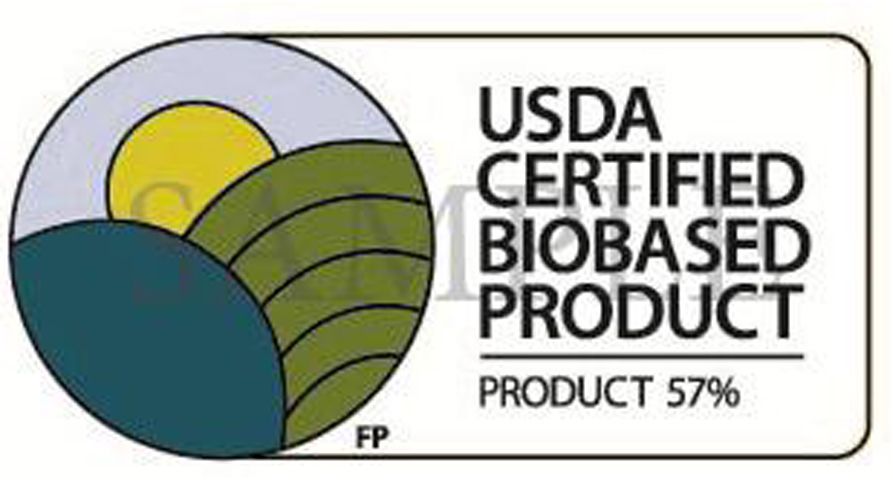USDA Introduces Renewable Packaging Label
The BioPreferred program lets companies label the amount of renewable resources used in product packaging.

The USDA last week announced the launch of its BioPreferred program, a new labeling program designed to help consumers identify products manufactured from renewable resources.
(Check out USDA’s announcement on page 3790 of the January 20 Federal Registry.)
The BioPreferred program allows product manufacturers to label the percentage of a product’s packaging that is derived from renewable plant, animal, marine or forestry materials. Such labeling is intended to reduce the use of petroleum in manufactured products and help mitigate potential climate change impacts.
“Today's consumers are increasingly interested in making educated purchasing choices for their families,” said Agriculture deputy secretary Kathleen Merrigan. “This label will make those decisions easier by identifying products as bio-based. These products have enormous potential to create green jobs in rural communities, add value to agricultural commodities, decrease environmental impacts, and reduce our dependence on imported oil."
In initiating the BioPreferred program, USDA states that it has already designated about 5100 bio-based products for preferred purchasing by federal agencies. USDA estimates that 20,000 qualified products are already being manufactured in the United States.
The BioPreferred program is an initiative that was established in the 2002 Farm Bill.
To learn more, please visit www.biopreferred.gov
Senate Committee has released the text of 2024 Farm Bill, with changes to hemp regulations
November 19th 2024The U.S. Senate Committee on Agriculture, Nutrition, & Forestry has introduced the Rural Prosperity and Food Security Act, which will serve as the Senate’s draft for the 2024 Farm Bill.
NPA’s lawsuit against FDA on NMN stayed pending agency’s decision on citizen petition
November 6th 2024The court has granted a joint motion for stay filed by NPA and FDA, pending the agency's decision on the citizen petition asking FDA to reverse its stance on NMN's status as a dietary ingredient.